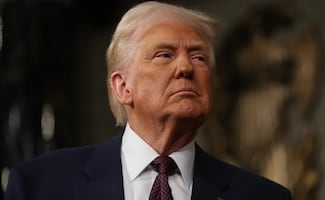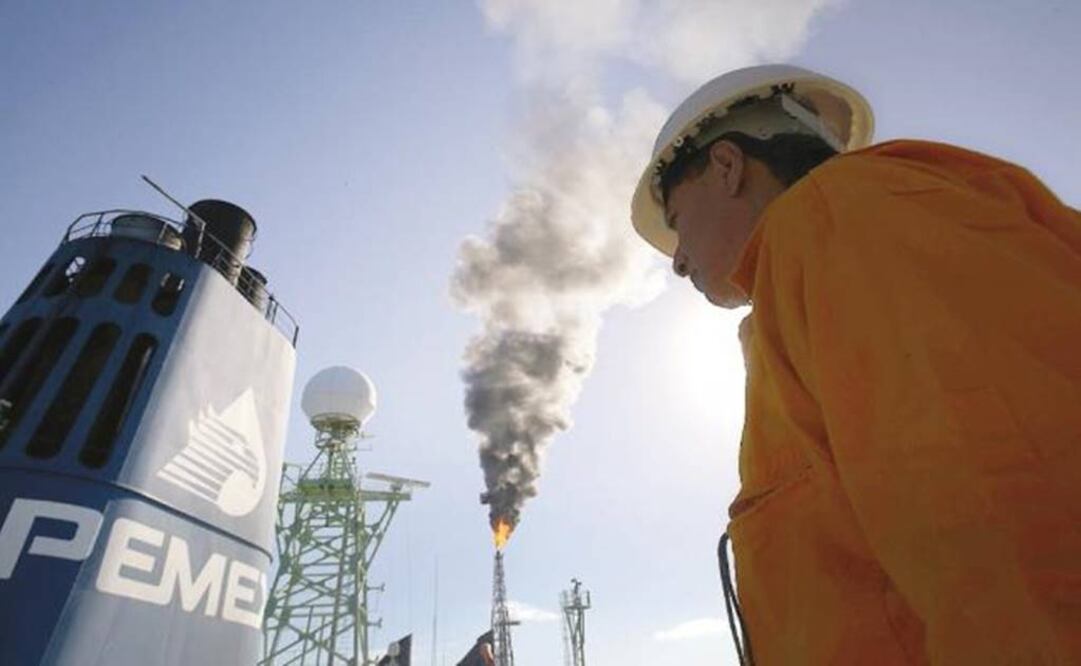Más Información

Trump evalúa intervención militar en Groenlandia; Casa Blanca confirma que se estudian “diversas opciones”

¿Y el Cártel de los Soles? EU elimina mención a Maduro como líder de esa organización criminal; la señala como sistema de clientelismo

Delcy Rodríguez decreta 7 días de duelo en Venezuela; rinde homenaje a "jóvenes mártires" que defendieron a Maduro

Petrolera Chevron envía al menos 11 buques cisterna a Venezuela; "seguimos operando en total cumplimiento con las leyes"

Renuncia magistrada Josefina Pérez y cercana a Zaldívar al Órgano de Administración Judicial; fue electa por voto popular
The head of retail fuel company Gulf Oil International's local unit said on Thursday he believes Mexico could speed up the opening of its fuel sector by liberalizing gasoline and diesel prices ahead of a 2018 deadline.
Historic energy reform finalized in 2014 ended state-owned oil company Pemex's longstanding monopoly, allowing private companies to establish their own non-Pemex branded gas stations for the first time since the 1930s.
Since then, motorists in Mexico have had no choice besides Pemex, and the country's 11,400 Pemex franchises have been required by law to buy their fuels from the Mexican oil giant.
Last month, though, Mexico allowed private companies to import fuels for the first time, nine months ahead of schedule.
Sergio de la Vega, chief executive of Gulf Mexico, said in an interview that companies' decision to buy imported fuels will only make sense once the finance ministry no longer sets fuel prices, a system currently scheduled to end at the beginning of 2018.
"I think it's possible that prices will be liberalized before 2018," said de la Vega, a former executive with Swiss commodities trader Glencore PLC, adding that he has not been given any such assurance by the government.
"Right now, prices aren't liberalized and there's no certainty that the imports will be competitive. They could be very cheap or very expensive," he said.
The finance ministry did not immediately respond to request for comment.
Gulf Mexico plans to open 100 gas stations this year in Mexico's 18 biggest cities, and ramp up to about 17 percent of the national market in three years, said de la Vega. He said the company has more than 1,000 Pemex franchises "in the pipeline" that have said they will switch to Gulf.
The first five Gulf gas stations will open in July in Mexico City, Guadalajara, Monterrey, Puebla and in the state of Mexico just outside the capital.
De la Vega said Gulf also expects to complete distribution projects by the end of 2017, including at ports, either by itself or with another company so that it can import fuels at its own installations. He did not offer details.
Before then, the company will have to buy fuel from Pemex, which operates six domestic refineries, as well as pay to use the company's existing pipelines and storage facilities.
The executive said eventually buying imported fuels from Glencore "is a very attractive option."
Noticias según tus intereses
[Publicidad]
[Publicidad]









